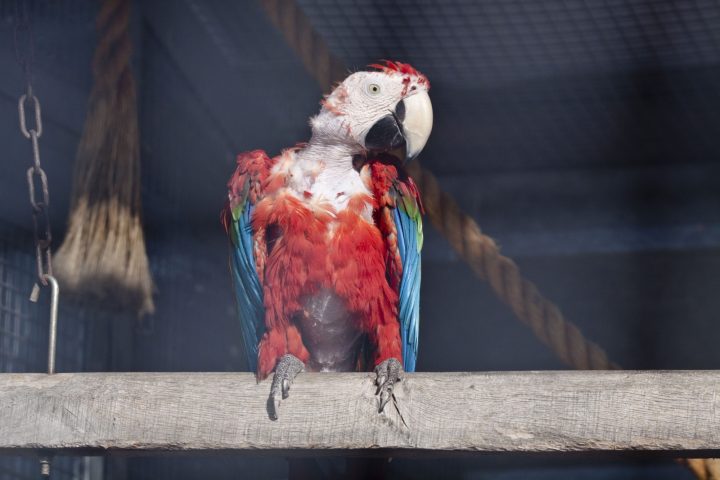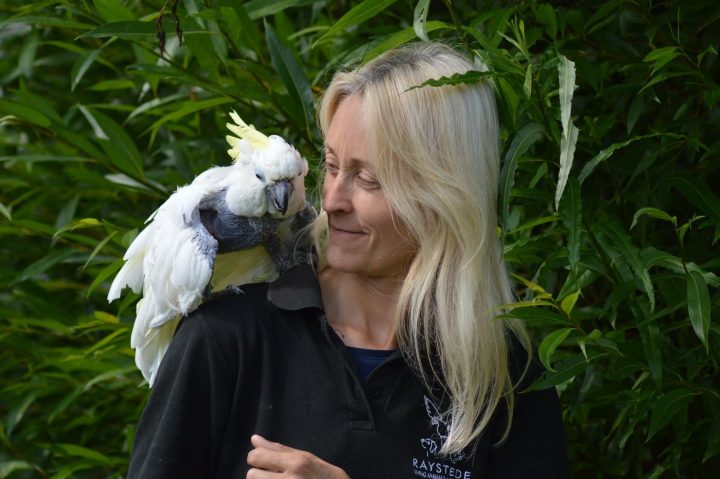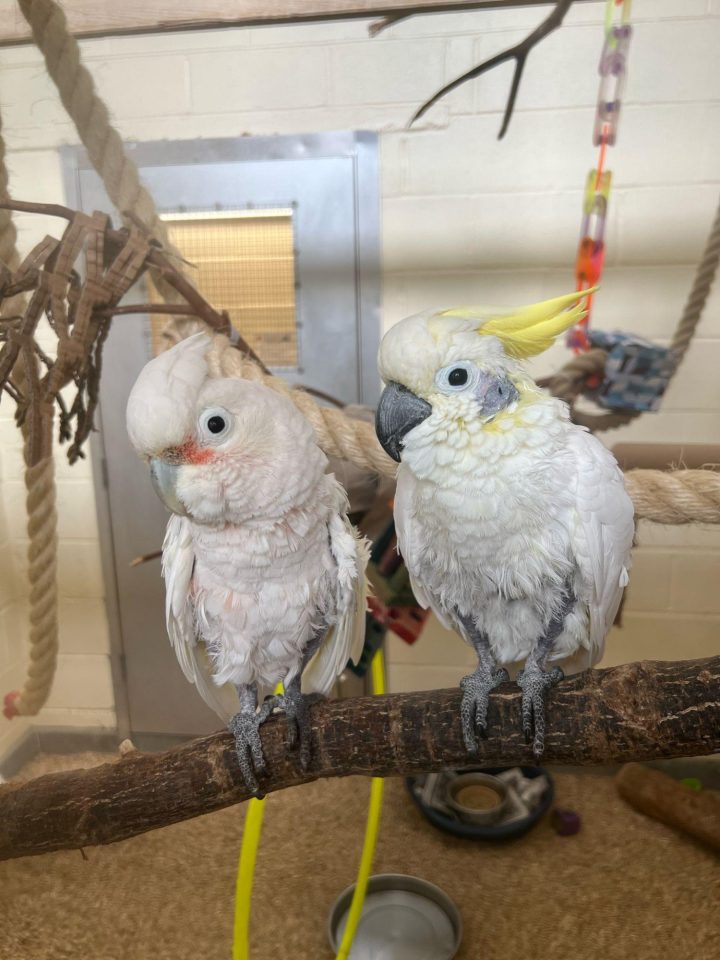Who is currently our longest stay resident in the Aviaries?
Well, I can only go by who was here in the late 1980s. Not many are left now but we have Hope (pictured), a Macaw, who was born (apparently) on site in the early 80s with his siblings who are no longer with us.
I know of two cockatoos who were here before I arrived and are still with us: George and Billy. Billy, a Lesser Sulphur Crested, was stolen but ended up being handed in to a police station in a bloodied box. I can only assume the thief had a pang of conscience and after being bitten, did the decent thing.

Who is currently our longest stay resident in the Aviaries?
Well, I can only go by who was here in the late 1980s. Not many are left now but we have Hope (pictured), a Macaw, who was born (apparently) on site in the early 80s with his siblings who are no longer with us.
I know of two cockatoos who were here before I arrived and are still with us: George and Billy. Billy, a Lesser Sulphur Crested, was stolen but ended up being handed in to a police station in a bloodied box. I can only assume the thief had a pang of conscience and after being bitten, did the decent thing.

